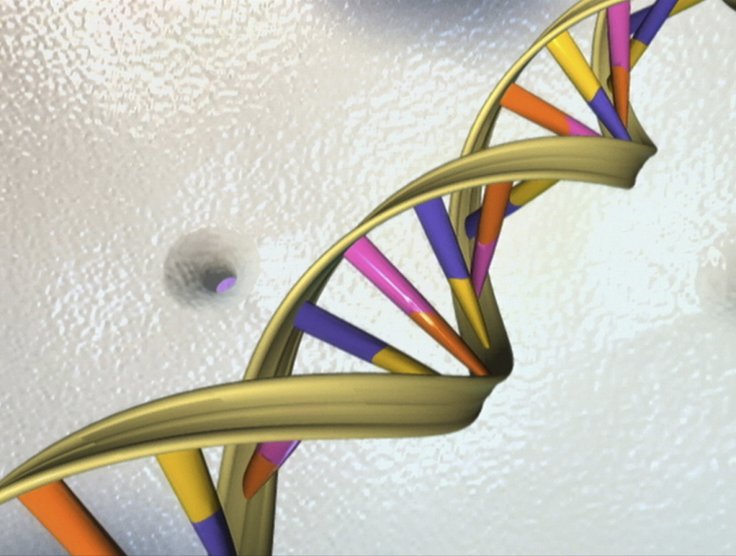
A new study conducted by a team of researchers has discovered the cause of cell aging, and this new development could help humans to maintain health and remain young in the coming years. Researchers who conducted this study also revealed that the new discovery could revolutionize the treatment of dreaded diseases like cancer.
The study conducted by researchers at the USC Viterbi School of Engineering revealed that understanding the reasons for cell aging is very crucial to design treatment for better aging.
"To drink from the fountain of youth, you have to figure out where the fountain of youth is, and understand what the fountain of youth is doing. We're doing the opposite; we're trying to study the reasons cells age so that we might be able to design treatments for better aging," said Nick Graham, Assistant Professor of Chemical Engineering and Materials Science in a recent statement.
During the study, Alireza Delfarah, a graduate student in the Graham lab and the lead author focussed on senescence, a natural biological process where cells permanently stop creating new cells. The study report published in the Journal of Biological Chemistry that senescence is one of the keys behind age-related illness like arthritis, osteoporosis and heart disease.
Further analysis revealed that during the time of ageing, senescent cells stopped producing a chemical called nucleotides which are basically the building blocks of DNA. When the cells fail to produce nucleotides, these cells became aged.
"Senescent cells are effectively the opposite of stem cells, which have an unlimited potential for self-renewal or division. The production of nucleotides is essential to keep cells young. It also means that if we could prevent cells from losing nucleotide synthesis, the cells might age more slowly," said Delfarah.
Experiments conducted on mice also suggested that elimination of senescent cells made them aged better. The research report added that treating the mice with senolytic drugs could help to eliminate senescent cells, thus helping the mouse to rejuvenate. As per researchers, these senolytic drugs could one day help humans to stay young forever.









